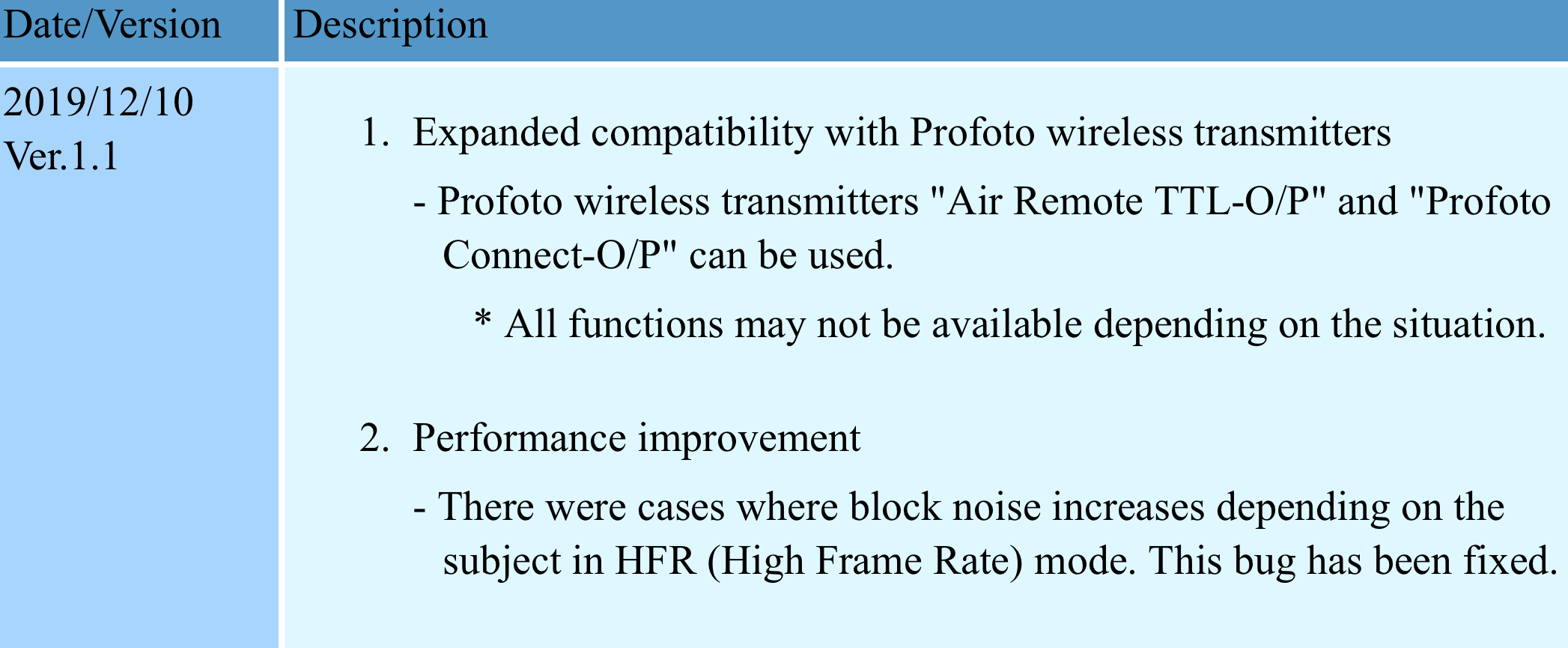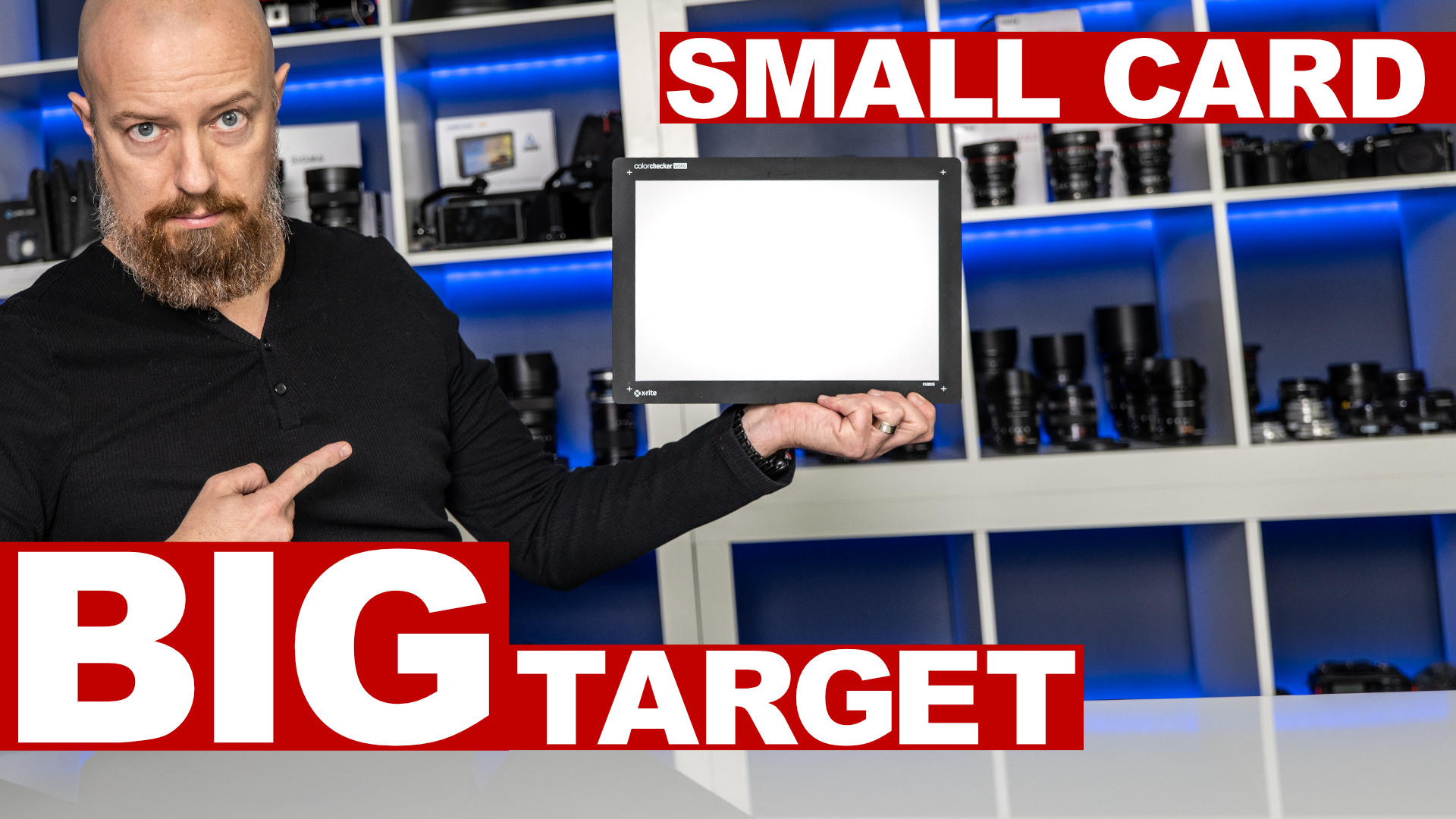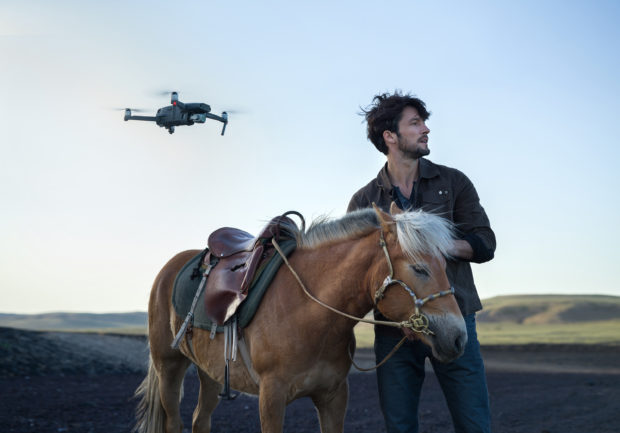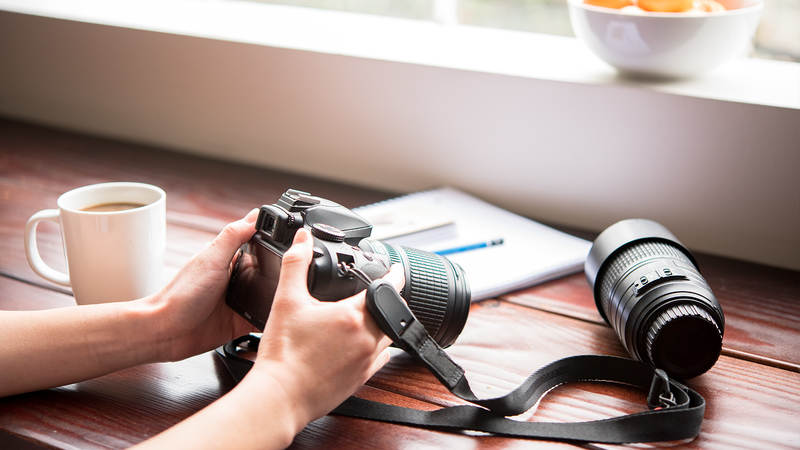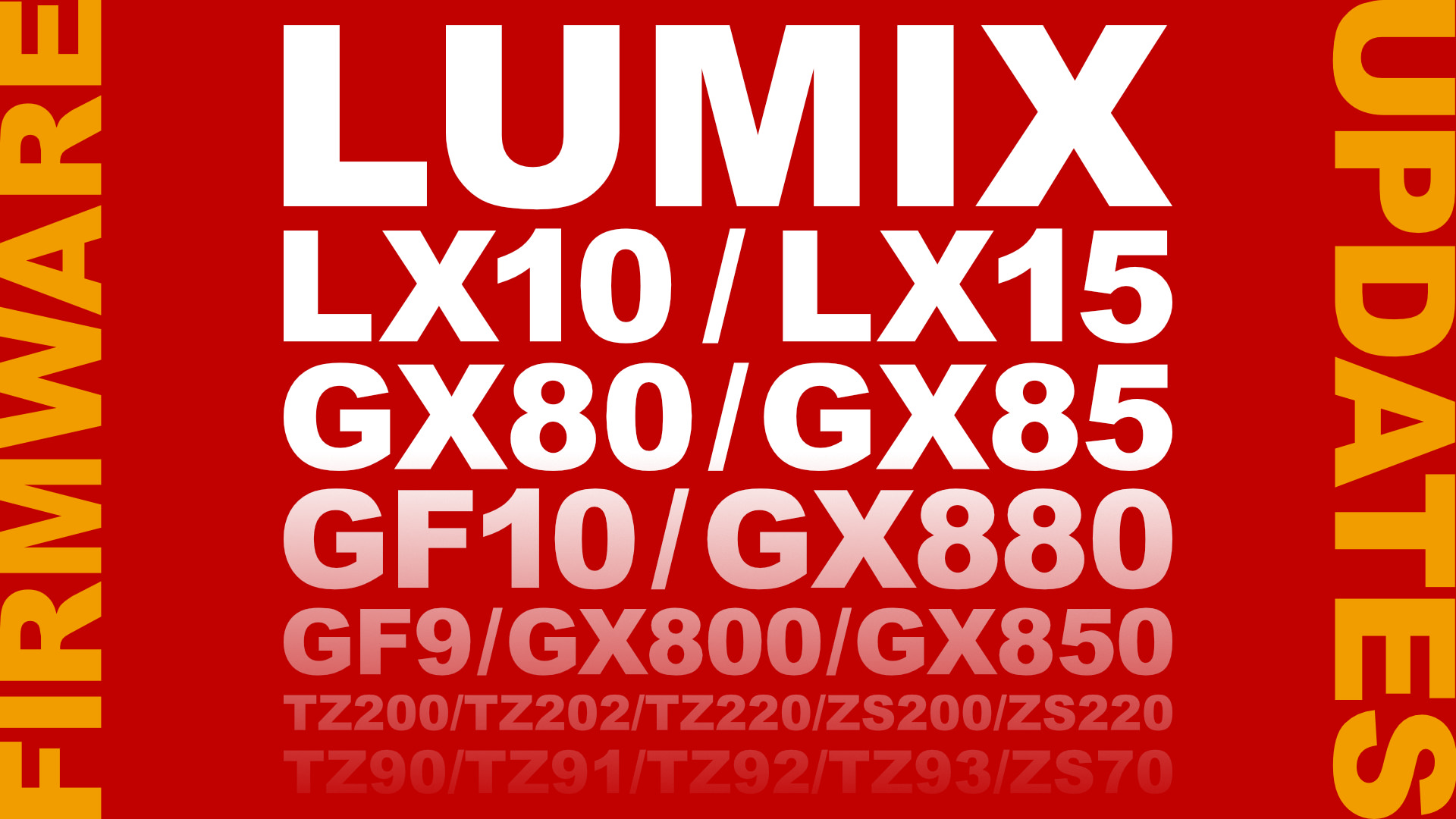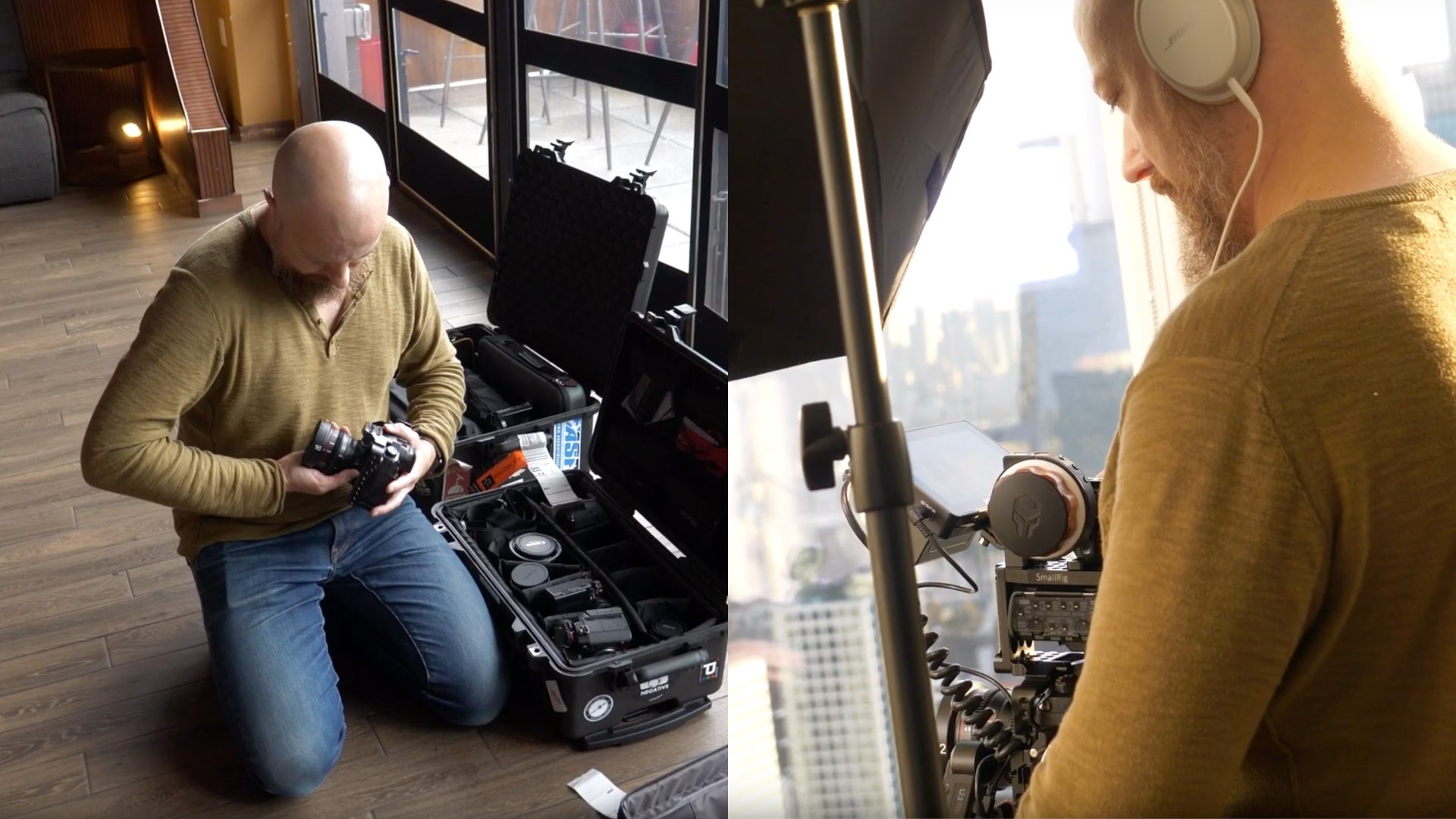Tips & Tricks

Paradoxical Reality
1x Blog-Tips & Tricksby Editor Wicher Bos
This unreal and intriguing scene was titled 'I was here a long time and looked'
was created by Herbert Reinecke

'I was here a long time and looked' by Herbert Reinecke
Thanks for your willingness to answer a few questions allowing us to learn more about this image, Herbert.
In your profile you mention 'with my pictures I try to leave the world of real photography a bit - sometimes paradoxical or surreal'.
I think that is exactly what we see here because the image challenges me.
At first glance you see a museum scene and just that, but then when you stay a little longer you see some odd elements that puzzle me to think a bit more: What is happening? What is meant?
So, what is meant?
Can you please share with us what triggered you to create this image?
I am pleased that you have just noticed this picture. I think it exemplifies my form of expression.
The title of the picture reads, 'I was here a long time and looked' …. and I saw a different reality.
I want to show this other imagined reality with this picture, not just what I physically saw and recognized there.
The scene takes place in an exhibition room. Two paintings and the feet of several visitors can be seen. The hanging head of a figure is depicted in a painting. One of the visitors in this exhibition identifies himself with the works of art shown so much that he himself becomes an object of art. He hovers freely upside down in the room. The boundaries between reality and associations have blurred. What do we really see? What do we perceive?
I think I have expressed my idea of an unconscious reality with this picture. If this is recognized by the viewers, my goal is achieved. The presentation should stimulate thought.
Did you carefully select the location? In general, how do you prepare for this kind of photo?
There is no uniform pattern in how I find my pictures. It is always a lot of fun for me to take pictures 'on the street' without a clear objective. I am inspired by what is happening and the surroundings. The behaviour of people always plays a central role. When I look at those pictures later, my ideas for a 'slightly different' picture just pop up…
This picture is no exception, it was a spontaneous realization. When I visited an art exhibition, I got the idea by chance. I think the surrealistic paintings shown there inspired me. I could already roughly imagine the key message for the ‘picture to be’. This made it relatively easy to take appropriate photos.
However, some of my other pictures were planned by me beforehand and then sketched as a draft. I then explicitly photographed individual elements or took them from the image archive.
Whatever happens, I try to see the world through different eyes, sometimes spontaneously and sometimes planned.
What steps did you take to create it?
Was that immediately there or how did it grow?
The design of the picture was not particularly complex in this case.
Because I imagined the later image very clearly, the implementation mainly consisted of pure hard work with Photoshop.
For legal reasons, however, I had to remove the original paintings from the picture scene. I replaced these with adequate motifs from my 1x portfolio. This was followed by purely technical image processing, image editing, exemption, composing, designing the light and colour values, etc. It took me about six hours to finish.
Sometimes it takes much longer, some other pictures took me up to 40 hours to create. The time it takes is not really a question for me - it just has to be fun.
In your profile it says you did paint too, are the displayed paintings made by you?
How does it help you to have knowledge of painting with your photographic art work?
It is correct, the images shown are mine, they come from my 1x portfolio.
Yes, drawing and painting have accompanied my life for many years. In the past, I used acrylic paints to surrealistically apply my thoughts and associations to canvases.
I only discovered the fantastic possibilities of digital image processing for myself a few years ago. This method completely replaces my art painting. The 'paintings' are now created on the computer and my camera has become my most important 'tool'.
In general, it is very important to me that the character of a real photograph is preserved.
The origin of a photograph must be recognizable to me. That's why I never use art-paint filters or apply any art painting. However, I do believe that my knowledge from art painting has an unconscious influence on the design and leaves a certain imprint on my pictures, giving them a personal touch - I hope.
Thanks a lot for these insights in your approach and work, Herbert.
It is most interesting to read.
Wicher
. '








